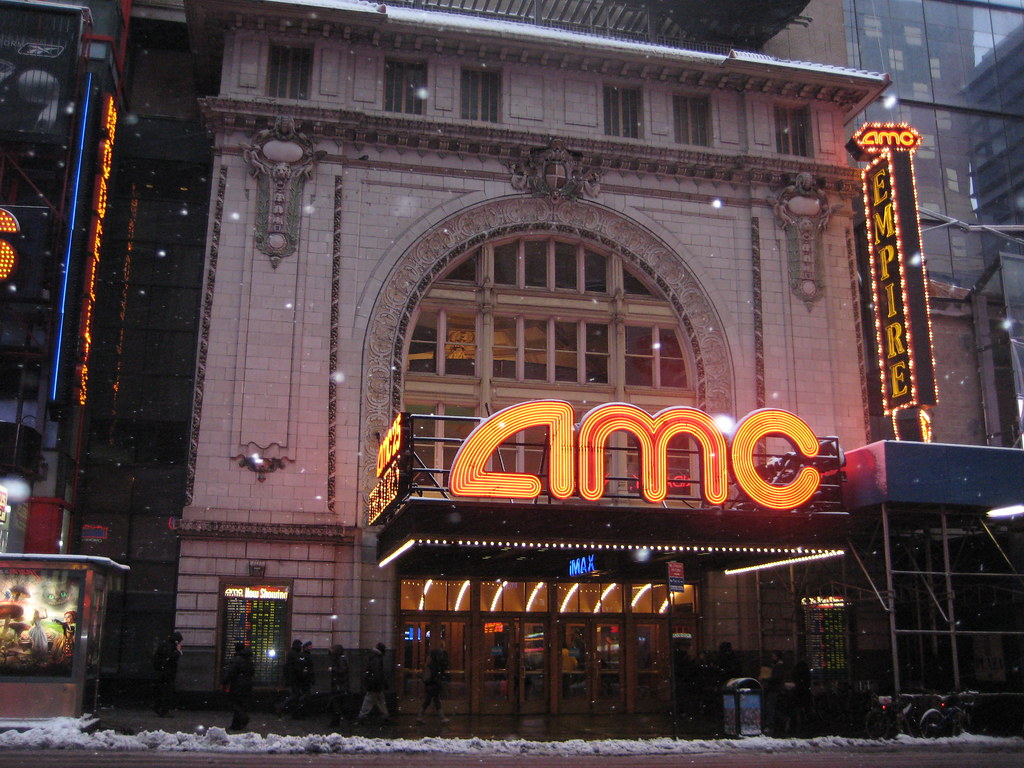There have been a lot of discussions recently about the future of movie theaters. Questions surrounding the longevity of theaters have been asked mainly due to the rise of streaming services. Now, with AMC announcement of a net loss between $2.12 and $2.42 billion for this past quarter, the future seems quite bleak for theaters. While I am no expert on business, I do believe that theaters will survive.
First of all, Hollywood, especially directors, won’t let theaters go under. When Kodak went under, directors like JJ. Abrams and Christopher Nolan convinced Hollywood studios to help bail out Kodak. Furthermore, many directors like Nolan and Steven Spielberg believe in classic Hollywood techniques and traditions. This means shooting movies on celluloid and making films specifically for the big screen. These directors would never think about making a film that would skip the theater and go straight to streaming. Spielberg even said that “I want to see the survival of movie theaters. I want the theatrical experience to remain relevant in our culture.” Lastly, with the overturning of the paramount decree which prevented studios from owning theaters, many theaters can now be bought by studios.

Directors like Christopher Nolan (Left) and Quentin Tarantino (Right) still use celluloid film and advocate for its usage.
The incentive for studios to keep theaters alive is not just based on classical traditions, but for monetary reasons as well. While films like Troll 2 made 100 million dollars from online rental alone, films that go to theaters and then to digital, yield higher profits. For example, a person could pay ten dollars to see a film, enjoy it, and then pay a few more dollars to re-watch it when it comes to DVD. While studios did charge twenty dollars for rentals of those films that were affected by Covid-19, it still does not account for people who buy multiple tickets to re-watch a film in theaters. Plus, online piracy is still a thing. Once a film is online, people can easily visit a website to watch the film for free instead of renting it. They can also pay the twenty dollars to watch it properly but screen-record the film in order to have a permanent copy of the film.
Lastly, films, or at least for right now, are required to be shown in theaters for at least one week to qualify for an Academy Award. Netflix bought the Paris Theatre in Manhattan so that Marriage Story would qualify for the Academy Awards. It is doubtful that this requirement will go away anytime soon. Many directors in recent years have shown great distaste towards nominating films from streaming services. Early last year, Spielberg said that “I don’t believe that films that are just given token qualifications, in a couple of theaters for less than a week, should qualify for the Academy Award nominations.” Given all the benefits studios gain if their films play in theaters and the number of directors supporting its survival, theaters will still be here for quite a while.

The cast of Marriage Story in front of the Paris Theatre

Leave a Reply